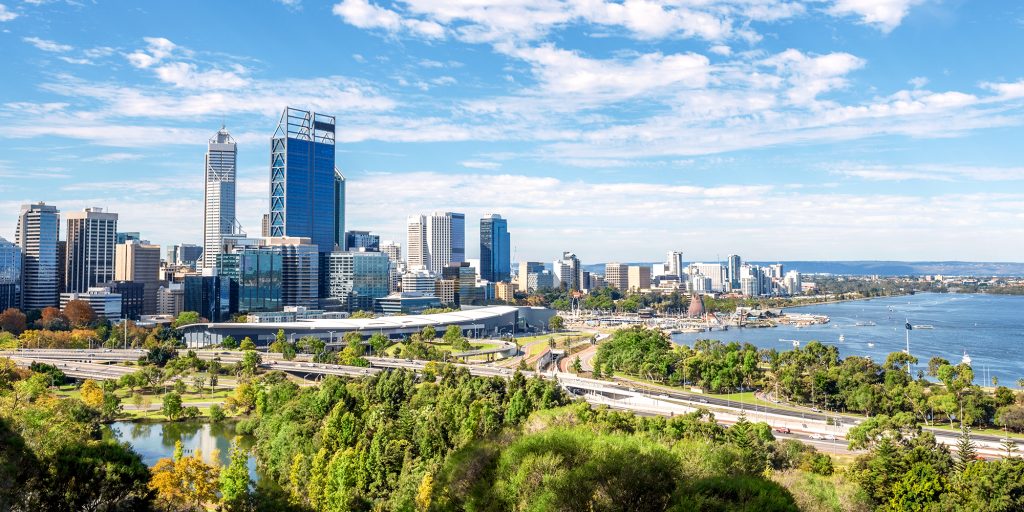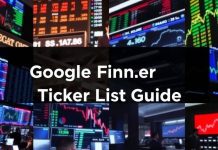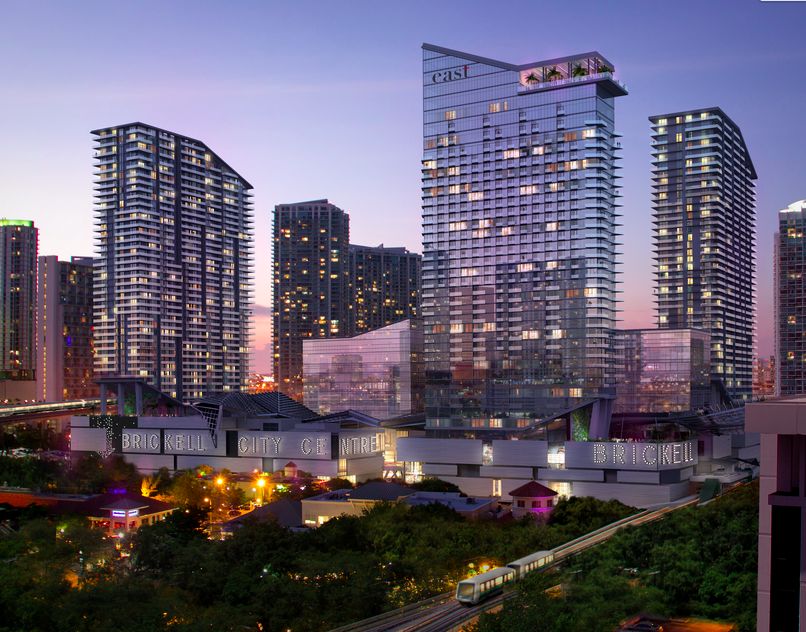
If you’re a non-resident, investing in Australian property can be a sound financial strategy. While prices have recently levelled or lowered in many major Australian capitals, the overall economic stability, regulatory requirements and law and order still make Australia a safe buy. Melbourne is a property hotspot, with the highest rate of population growth across Australia with no signs of slowing. As more people come to Victoria, they all need places to live and many Malaysians are seeing the value in investing in the Australian residential property market.
Post-2015, there was a lot of bad press surrounding foreign ownership of properties and the hot housing market was driving prices up. As a result, there were some changes to foreign investment laws. The main outcome of these was that overseas buyers could only buy new properties, or vacant land in which a home would be completed in four years, rather than established ones. So, knowing how to negotiate a contract with builders in Melbourne, for example, is another task to prepare yourself for if you want to buy in Australia as a non-resident.
It is now also more complex to gain finance. A much larger upfront deposit is required by some lenders with the loan-to-value ratio sitting at 70% or even 60%, as well as the requirement of domestic income if you are an overseas buyer. These factors combined with tighter lending across the board in Australia have meant that foreign investment in the Australian residential property market is more time consuming. However, this really only means that you need to do a little more research and purchase a property that you are certain you wish to buy, which is a lower risk financial strategy for yourself in any case, given the current state of the housing market.
Other things to consider are additional duties such as the state of Victoria’s vacant residential land tax, which is payable on many Victorian homes that are empty for more than 6 months in a year. There is also a foreign purchaser additional duty that must be paid that is based on the dutiable value of the property, even if you’re a part owner with other Australian residents. In the event of part ownership, the additional duty is only payable on the share of the property owned by a non-resident.
To get started, you can view and investigate which properties you may want to buy. Before any sale, or finance applications, you will then need permission from the Foreign Investment Review Board (FIRB) to purchase property. However, this can be obtained online. Please note there is an application fee payable based on the value of the home you wish to buy. That is why it is a good idea to approach Simon Conn, overseas property professional & finance specialist, overseas mortgages. After this you can approach lenders to gain finance for your new home. Ultimately the current climate has not perturbed buyers who meet eligibility and Australian lending criteria. In fact, in 2017, a quarter of new properties in NSW and almost a fifth of new properties in Victoria were purchased by offshore buyers.
This is an article provided by our partners network. It might not necessarily reflect the views or opinions of our editorial team and management.
Contributed content
HedgeThink.com is the fund industry’s leading news, research and analysis source for individual and institutional accredited investors and professionals


































